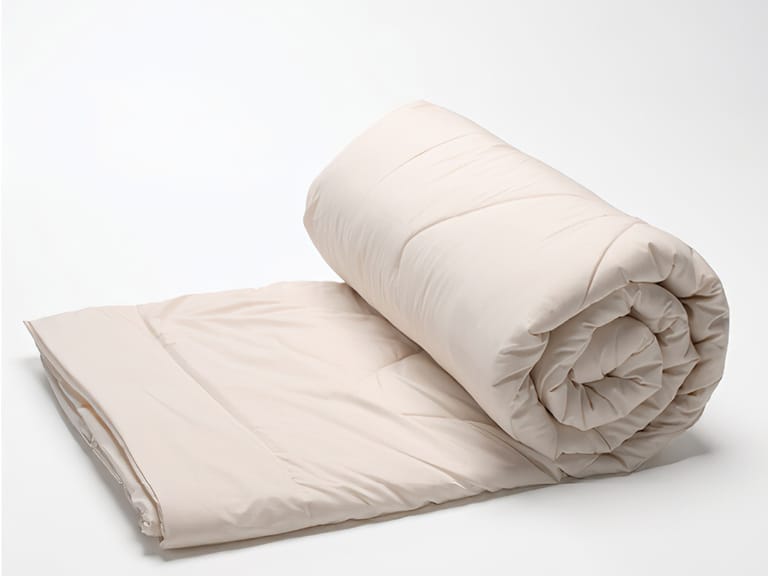Exploring Wooltoppers.com: The Intersection of Craftsmanship and Sustainable Fashion
Wooltoppers.com is more than just a domain; it is a canvas for creativity, sustainability, and the revival of traditional craftsmanship. In an age where eco-consciousness is paramount, the name itself evokes a sense of warmth and artisanal quality. This article delves into the multifaceted meanings of "wool" and "toppers," the historical significance of wool in various cultures, and the contemporary shift towards sustainable practices in the textile industry.
1. The Linguistic and Cultural Significance of Wool
Wool has long been synonymous with warmth, comfort, and craftsmanship. The term "wool" refers to the fiber obtained from sheep, a symbol of traditional textile production that dates back thousands of years. “Toppers,” on the other hand, suggests enhancement and embellishment, hinting at the idea of adding a luxurious touch to one’s lifestyle. This duality is reflected in various cultural contexts, where woolen garments have played vital roles in both everyday life and ceremonial practices.
2. A Historical Perspective on Wool
The history of wool is as rich as the fabric itself. From the ancient civilizations of Mesopotamia, where wool was woven into clothing, to the rise of the British wool industry in the Middle Ages, the fiber has been integral to human society. Notably, the Industrial Revolution saw a surge in wool production, leading to innovations in textile manufacturing that laid the groundwork for modern fashion.
Key Historical Figures in Wool Production
- William Lee (1563-1614) - An English inventor known for creating the first knitting machine, revolutionizing the wool industry and paving the way for mass production.
- Joseph Marie Jacquard (1752-1834) - The French weaver and merchant who developed the Jacquard loom, allowing for intricate patterns in woven fabrics, including wool.
- Henry Ford (1863-1947) - While primarily known for revolutionizing automobile production, Ford's influence extended to textiles, including wool, through his focus on efficiency and mass production techniques.
3. The Modern Relevance of Wool
Today, the wool industry is undergoing a renaissance, with a growing emphasis on sustainability and ethical practices. More consumers are seeking out products that not only offer comfort but also align with their values of environmental responsibility. Wool is naturally biodegradable, renewable, and often produced without harmful chemicals, making it a prime candidate for eco-friendly fashion.
4. Wooltoppers.com: A Hub for Sustainable Practices
As wool continues to reclaim its place in the fashion industry, Wooltoppers.com stands out as a potential leader in the sustainable wool movement. Focusing on ethically sourced wool products, the website can cater to a diverse audience, from those passionate about crafting to environmentally-conscious fashionistas.
5. Proposed Directions for Wooltoppers.com
A. Wool Crafting Community
Fostering a community for knitting, crocheting, and spinning enthusiasts can create a vibrant hub of creativity. By offering tutorials, patterns, and forums, Wooltoppers.com can engage users in the art of wool crafting, promoting both the craft and the materials used.
B. Sustainable Wool Practices
Educating consumers about the environmental impact of wool production, the importance of ethical sourcing, and sustainable fashion practices can position Wooltoppers.com as a trusted source of information and products. Featuring articles, interviews with farmers, and guides on sustainable choices can enhance the site's reputation.
C. Wool Fashion and Trends
By exploring contemporary trends in wool fashion and providing styling tips, Wooltoppers.com can attract a broader audience. Offering insights on how to care for wool garments and showcasing seasonal collections will keep the content fresh and engaging.
6. The Products that Define Comfort
As we explore the delicate balance between luxury and sustainability, one product that stands out is the Royal-Pedic Natural Cotton Mattress with Wool Wrap. This luxurious mattress features a 3-inch chemical-free wool wrap for added comfort, catering to those who seek not just support but an indulgent sleep experience.
Royal-Pedic Natural Cotton Mattress with Wool Wrap
This luxurious mattress is designed with a 3-inch lamb's wool wrap for exceptional comfort. Perfect for individuals looking for orthopedic firm support, it is made with premium long-staple cotton and chemical-free wool, ensuring a restful night's sleep without the intrusion of harmful chemicals.
Price: $6550.00

7. The Future of Wooltoppers.com
Focusing on sustainable wool practices not only creates a unique niche but also resonates with a growing audience that values ethical fashion. By nurturing an engaging community and providing well-researched content, Wooltoppers.com can carve out a significant space in the modern textile landscape, championing the revival of wool as a sustainable and stylish choice.
As we embrace the future, let us remember the rich history that wool embodies and the potential it has to redefine our approach to fashion and sustainability. Wooltoppers.com is poised to lead this charge, paving the way for a more conscious and creative world.


